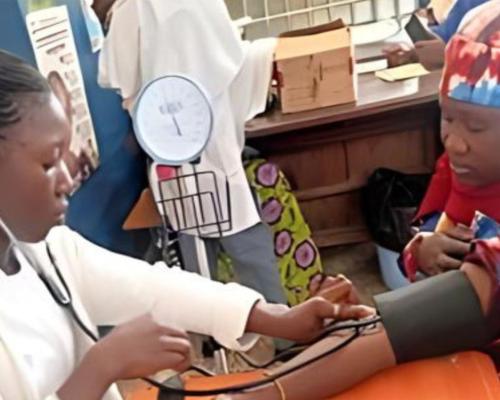
Kaduna, 13 November, 2024 – Theresa Wyankume, a 45-year-old teacher from Kaduna, a state in the northern part of Nigeria, has always been diligent about her family’s health, but like many, she often neglects her own.
She had always been healthy—or so she thought until she was recently diagnosed with hypertension.
“I felt fine but decided to attend the screening because it was free and easily accessible.” she reflected. Theresa took advantage of the free screening after a neighbour told her about it.
She is one of over 1000 persons residing in Kaduna state who benefitted from the recently conducted health screening initiative under the Project 10 Million campaign, which has the theme ‘Know your numbers, control your numbers’ on the first day of the project.
The Nigeria Governors Forum sponsored the campaign in partnership with the World Health Organization to encourage citizens to take advantage of free screening to monitor and manage their health.
Under this campaign, state health Ministries are expected to screen all adults 18 years of age and above to determine their status.
The exercise, conducted from 28 October to 3 November in most states, was to screen for hypertension and diabetes—two silent-killer non-communicable diseases (NCDs)—and other infectious diseases. In states like Nasarawa, beneficiaries were screened for hepatitis B and C.
Back in Kaduna, Theresa expressed her appreciation for the opportunity to benefit from the initiative,
With a high blood pressure reading (100/150 mmHg), she was referred to the Primary Health Center in Zakari Isa, where she enrolled in the state’s contributory health scheme.
“I am grateful to the Kaduna State government, WHO, and all partners for this initiative. I will encourage others to get screened to know their numbers.” After counselling from a healthcare worker at the screening post, Theresa promised to adjust their lifestyle, reduce salt intake, and exercise more to control her blood pressure.
Raising awareness about two silent-killer diseases
Diabetes and hypertension are two of the most prevalent non-communicable diseases (NCDs) worldwide, often labelled “silent killers” due to their long-term effects on health and the fact that they frequently go undiagnosed.
Both conditions are classified as NCDs because they are not caused by infections but rather by lifestyle, genetic, and environmental factors, and they typically develop over time. Unlike communicable diseases, which spread from person to person, NCDs like hypertension and diabetes require sustained treatment and lifestyle management rather than a one-time cure. Both diseases account for 27 per cent of deaths in Nigeria yearly.
Despite these alarming statistics, many people are unaware of their status regarding these health conditions.
Joining force to combat NCDs
In Kaduna, the Deputy Governor, Dr Hadiza Subuwa Balarable, flagged off the initiative and called on residents to take advantage of free testing to determine their health status.
She said, “The prevalence of NCDs in Nigeria highlights the need for a public health approach focused on early detection and preventive care. The initiative reflects our government’s dedication to safeguarding the health and well-being of our citizens.
Governor Uba Sani’s administration has proactively implemented health initiatives to improve Kaduna’s residents’ well-being. “Our goal is to ensure that every citizen has access to essential health services,” the Governor stated. “We are grateful for the support from WHO and other partners in making this possible.”
Dr Bello, the WHO Kaduna State Coordinator, emphasised the importance of such programs. “The WHO is committed to supporting the Kaduna State Government in its efforts to combat NCDs. This screening initiative is a crucial part of our strategy to improve public health outcomes,” he said. “Early detection and management are crucial to preventing the severe consequences of the disease.
WHO supported the state by providing comprehensive technical support for both the planning and execution phases of the project. This support included expert guidance on strategic frameworks, operational logistics, data management systems, and best practices to ensure an effective rollout. The collaborative effort between WHO and the state government was fundamental in shaping an initiative that is both sustainable and impactful.
Changing lifestyle
Back to Theresa, her story intensifies the impact of accessible healthcare initiatives and the importance of regular health check-ups.
The screening was a wake-up call for her, and she intends to make significant lifestyle changes, including adopting a healthier diet and regular exercise. “I am grateful for the screening program,” she said. “It has given me a chance to take control of my health and be there for my children.”

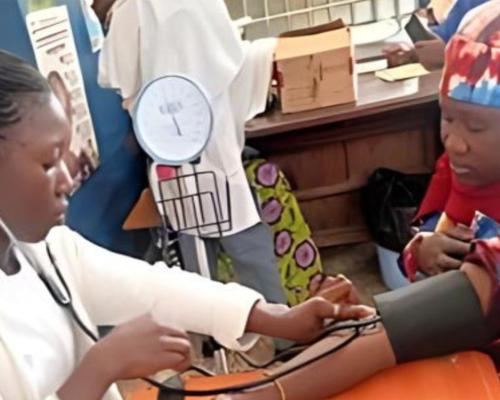
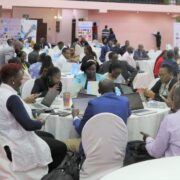
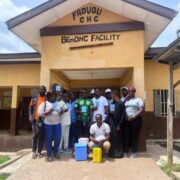
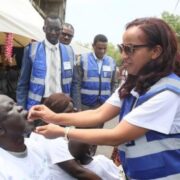
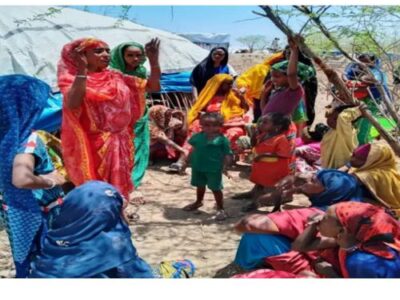
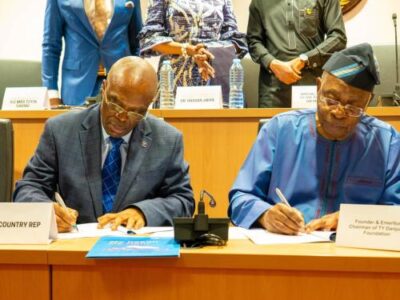
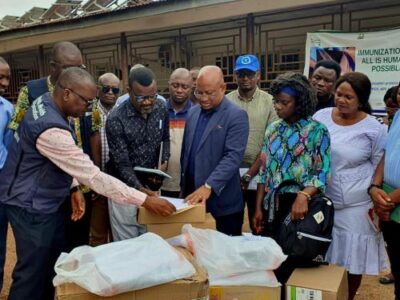


Comments